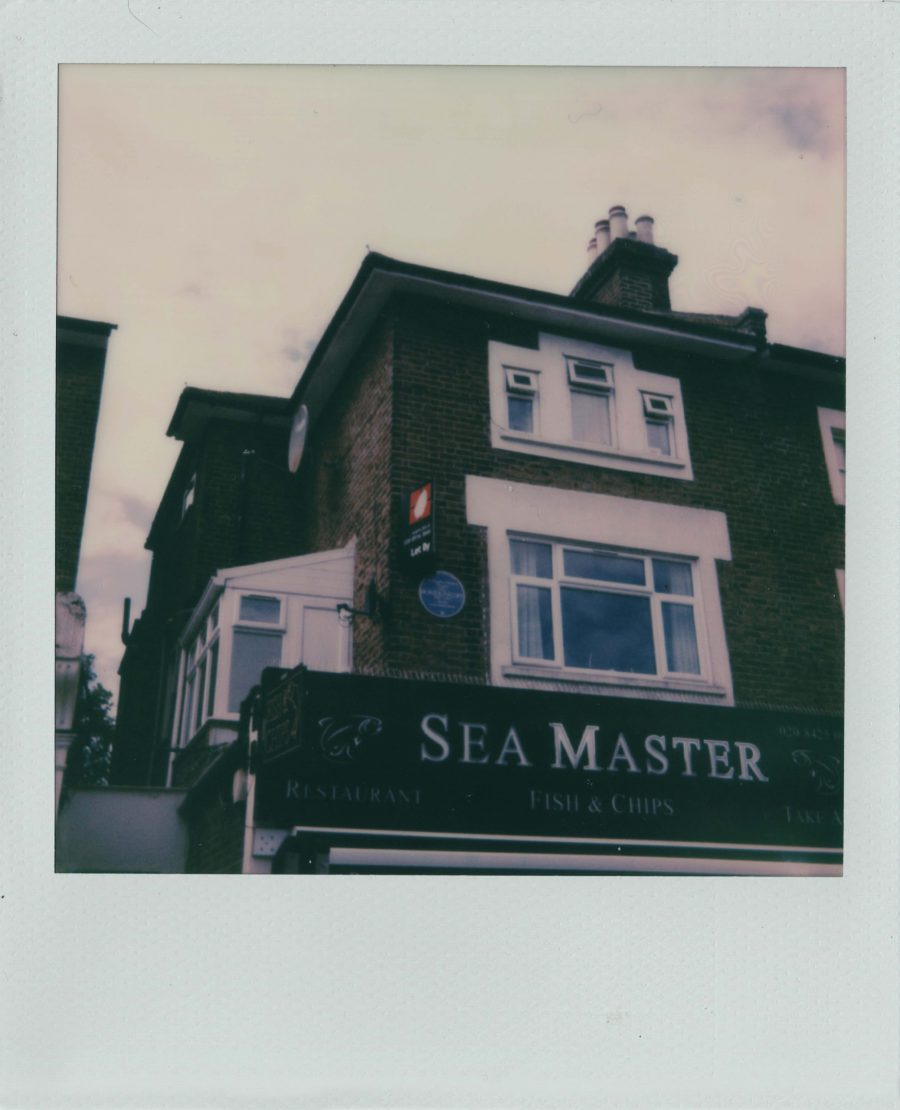Images of Boris Karloff have become so ubiquitous in the years since he was working that it’s sometimes difficult to comprehend the man beyond them. Consider his name and the likelihood is that a number of stark images from classic horror cinema will primarily come to mind.
His nuanced portrayal of Frankenstein’s monster in James Whale’s monumental pair of films, Frankenstein and The Bride of Frankenstein, laid the blueprint for a huge portion of horror cinema to come, as well as defining the more daring aspects of Hollywood sound cinema in the short period before the Hays Code kicked in. From a range of exceptionally macabre roles for Universal and RKO (The Black Cat, Son of Frankenstein, The Body Snatcher) to later, more sardonic performances in European Horror of the 1960s and ’70s (Black Sabbath, The Sorcerers, Curse of the Crimson Altar) he produced one of the longest CVs of any leading horror actor.
Karloff balanced an unusual line between fantastical Hollywood and a distinctly British gentility. If anything, his broad screen persona came from his background which began in the unlikely location of South London. His distinctly clipped, patient delivery, along with a calm but determined manner rendered even his most villainous of roles with a particularly effective charm. But equally, his own personal experiences growing up seem to have filtered into his performances too, resulting in a confident actor who could bring a sense of legitimacy and humanity to even the pulpiest and madcap of characters. This was a man who, even if about to flay someone alive, could still believably crave the quiet trappings of a country cottage, or bring melancholy to the bullied creations of madmen.
Karloff was born William Henry Pratt on the 23 November, 1887. He was the son of Edward John Pratt (a British Civil Servant who worked for the Indian Salt Revenue Service and eventually for the India Civil Service under the auspices of the Governor of Bombay) and his third wife Eliza Millard. With connections to India, there is still much speculation as to the possible source of Karloff’s Indian heritage accounting for his complexion, with unconfirmed suggestions of Indian family for both Edward and Eliza.
Many decades later, Sara Karloff, Karloff’s only child with his fourth wife Dorothy Tine, suggested that his racial experience growing up led to his humanising of a number of his tormented outsider characters, especially in the role that first transposed him into the cinematic lexicon. “I think it was probably due to his own personal experiences,” she told Mark Gatiss in his documentary, A History of Horror, “as a young boy in school he experienced a lot of prejudice, and I think he brought some his own experience to his interpretation of that role.”
William was the youngest of nine children that his parents begat, with three half-siblings from Edward’s first marriages, though one in particular only survived a single day. The actor spent the first seven years of his life living at 36 Forest Hill Road, next to the lawns and sloping gardens of Peckham Rye. His birth was registered in Dulwich and his early years are often attributed to being spent in Surrey due to this part of London still technically being part of that county in the era he was born.

Karloff would only live here with his family for a few years. They soon moved extensively around London, Karloff himself enjoying a prestigious education, firstly at Enfield Grammar School and then the private boarding school of Uppingham in Rutland. The houses were various in Enfield and that area played a particularly important role as his first stage performance occurred there at the age of nine, appropriately playing the Demon King in a production of Cinderella at St. Mary Magdalene Church on Windmill Hill.
Today Karloff’s first house on Forest Hill Road is split into flats, with a fish and chip shop in its main frontage. At the time of this visit, it was even available to rent. In 1998, English Heritage adorned the building where Karloff first lived with a blue plaque to commemorate these unlikely humble beginnings for one of horror cinema’s most celebrated and important performers. In spite of extensive work and houses in Hollywood, Karloff would move variously around London and the Home Counties in his later years.
He lived in several lavish flats between Knightsbridge and Kensington before eventually retiring to a cottage named Roundabout in the supposedly paranormal hotpot of Bramshott in Hampshire where he passed away at the age of 81. How appropriate that this final resting place was not only a final expression of his ambition to retain his gentile character in the face of uncanny Hollywood stardom, but ultimately a cottage chosen due to its haunted nature; the actor still true to the spirit of the ghoulish world that brought him his unrivalled success.
The post Beginnings: Boris Karloff’s South London appeared first on Little White Lies.
![Forest Essentials [CPV] WW](https://s3-us-west-2.amazonaws.com/pcw-uploads/logos/forest-essentials-promo-codes-coupons.png)
0 comments